Integration of the World:
After World War II, the necessity of world integration was felt in every corner of the world. As such experiments in integration were made in Aisa, Europe and other places. Various treatises and pacts were concluded for integration. About integration in Europe Sir Winston Churchill wrote on March 5, 1946, that the safety of the world requires a new unity in Europe from which no nation should be permanently outcast. It is from the quarrels of the strong parent races that the world war we witnesses or which occurred in former times, have sprung….Surely we should work with a conscious purpose for a grand unification of Europe within the structure of the United Nations. In another speech on September 19, 1946, Sir Winston Churchill declared: “The sovereign remedy for the tragedy of Europe is to create the European family or as much of it as we can and provide it with a structure under which it can dwell in peace, in safety and in freedom. We must build a kind of United States of Europe”.
Factors in Favour of Integration or Factors of Experiments in Integration:
The following factors are responsible for the integration of the world-
(1) It is felt that the future belongs to the big nations who have got enormous nuclear weapons and spacecraft. This factor is greatly responsible for the integration of Europe. “As the smoke of the Second World War cleared and Europeans began to rebuild their ruined cities, an additional external reason for European unity forced itself on their attention. It became clear that the world as a whole had been drastically re-orientated by the emergence of two superpowers with the prospect of a third in the Far East. The European balance of power gave place to the world balance of terror, and Europe once the world’s focus seemed in danger of becoming its cockpit or its Balkans”.
(2) Another factor that helped in the integration is the real desire for peace, especially after World War II. Jean Monnet and Robert Schuman headed the European movement to explore the possibilities of an understanding between Germany and France. According to Schuman “This Franco-German Rapprochement, however, was not meant to remain only bilateral and necessarily unstable and temporary. It became the starting point for large scale multilateral unity, the cornerstone of a European edifice. Conservation of peace and collective safety thereby become the main goals of European integration”. Schuman’s declaration of May 9, 1960, begins thus “World peace cannot be safeguarded without constructive efforts proportionate to the dangers which threaten it……Europe will not be made all at once or according to a single general plan. It will be built through concrete achievement, which first creates a de facto solidarity. The gathering of the nations of Europe requires the elimination of the age-old opposition of France and Germany. With this aim in view……….the French Government proposes to place Franco-German production of coal and steel under a common High Authority”.
(3) Thirdly, it is felt by some scholars that military and territorial extension of the communist world also helped towards integration. Speak said in 1947, “One single nation has pursued an imperialist policy since 1939. I take it for granted that imperialism of a major power means its annexation of territories and of certain peoples by force. The United States, France and Great Britian have not annexed anything at all since 1939. Since 1939, however, Soviet Russia has conquered Lithuania, Estonia, Latvia, Eastern Poland, Bessarabia, North Bucowina and Ruthenia, a total of nearly 49,400 sq. kilometres and 24 million inhabitants. Besides these whole annexations, it has progressively acquired a stronghold on Albania, Bulgaria, Czechoslovakia, Eastern Germany, Hungary and Rumania. The western world has joined arms against this aggression”.
(4) Lastly, the realization by various nations that the larger geographical units, with the bigger market and more substantial financial power, have a better chance in the economic field has also contributed towards the integration in the world. According to Richard Mayne, “Free trade, like patriotism, is not enough, and the adoption of a customs union must sooner or later inevitably lead to a growing concentration of economic power involving greater control of the entire economic structure of the area concerned which again ultimately paves the way to a political union”. It is true that doubts have been expressed by some about the cogency of the economic argument in favour of integration, but it cannot be denied that the advantages from the Union are more than the disadvantages. Moreover, economic advancement is in itself essential to political planning. “It is impossible to keep the problems of economic collaboration and defence separate from the general political policy”.
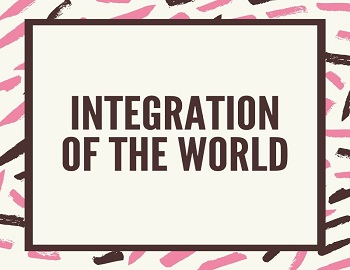
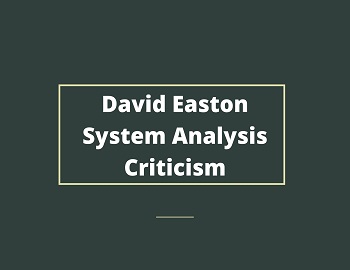
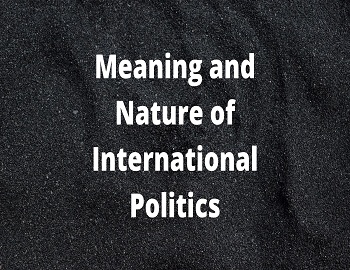
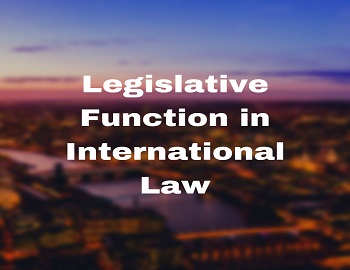


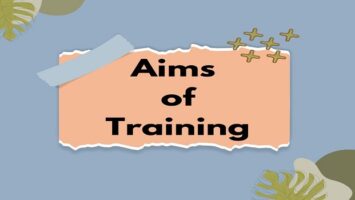
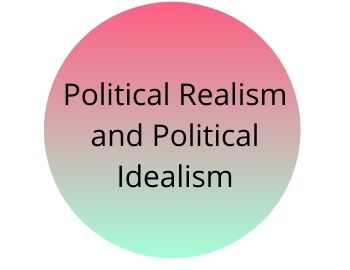
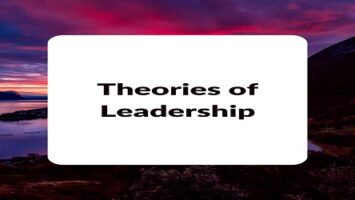
Comments (No)